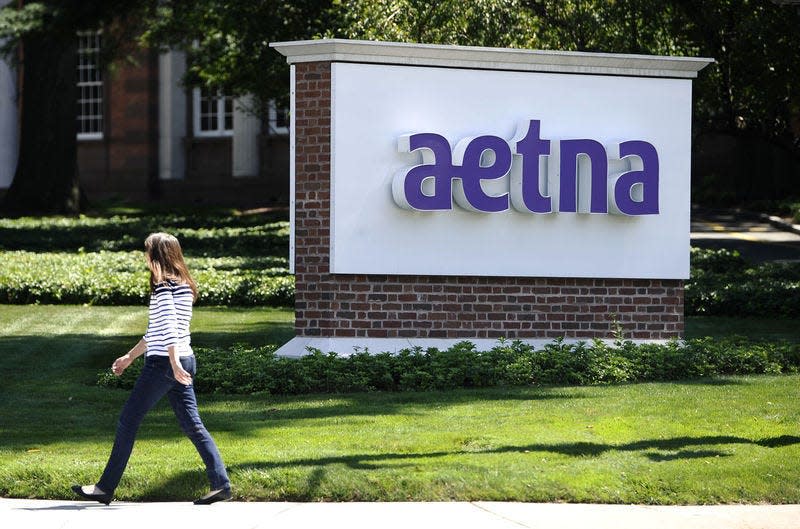Mental health patients searching for NY providers find mostly 'ghost' networks, AG finds
Many health insurers in New York are illegally directing mental health patients to "ghost" providers that are unable to treat them, forcing untold ill New Yorkers to forgo treatment or pursue more costly out-of-network care, state officials said.
State investigators uncovered the coverage gaps by surveying 400 mental health providers listed on health plans’ networks. They found 86% of the providers were “ghosts,” meaning they were unreachable, not-in-network, or not accepting new patients, according to a new report from state Attorney General Letitia James.

Inaccurate network directories contributed to the statewide mental health crisis, James said in a statement, and disproportionately impacted marginalized communities, leading to adverse health outcomes and higher costs for patients.
"By not maintaining accurate directories as required by law," James said, health plans are making it harder for New Yorkers "to get mental health care and forcing them to delay or forego the care they need." The report urged regulators to improve enforcement and pursue fines against health plans violating state and federal laws.
Why NY uncovered "ghost" mental health providers
James' office investigated this issue after media reports, including in USA TODAY Network, spotlighted New York's mental health care crisis. Patients have shared harrowing tales of waiting hours or days in emergency rooms, or spending months on waiting lists for access to residential mental health programs.
James held mental health hearings in Buffalo and Rochester to gather more information about the situation, leading to the probe of mental health directories, according to her office.
Which NY health plans have "ghost" providers
The Attorney General's Office review of 13 health plans spanned providers in Rochester, Buffalo, New York City and Albany. They included:
Aetna, CDPHP, Cigna, Emblem, Empire BlueCross BlueShield, Excellus, Fidelis, Healthfirst, Independent Health, MetroPlus, Molina, MVP and UnitedHealthcare.
Investigation: Families in mental health crisis feel abandoned by NY's care system. Can it be fixed?
Callers attempted to schedule an appointment for an adult or child with a mental health provider who was listed as accepting new patients, James said.
Of the 396 providers called across all plans, only 56 providers, or 14% of those contacted, offered appointments. A total of 86% of the listed, in-network mental health providers staff called were "ghosts," as they were unreachable, not in-network, or not accepting new patients. Rochester results for Excellus showed a "ghost" listing rate of 85%, the report noted.
Why "ghost" providers harm patients
Ghost networks of providers leave some patients unable to access treatment using their health insurance benefits, James noted. As a result, they are forced to choose between paying out-of-pocket, which is not possible for many, or forgoing treatment altogether.
Ghost networks are particularly harmful to New York’s most vulnerable residents, including low-income patients, people of color, others with disabilities, and women, who are least able to afford the cost of out-of-network care, James added.
Data: How long are ER wait times for mental health patients in NY? Check your local hospital
What health plans say about "ghost" providers
Eric Linzer, president and CEO of New York Health Plan Association, a trade group for many health insurers statewide asserted national workforce shortages impacting access to health care contributed to behavioral health service gaps in New York.
SAD: How bad is seasonal affective disorder in NY? What to know about symptoms and treatment
He also suggested in a statement that the "ghost" providers uncovered by state officials included providers who failed to keep up-to-date directory information.
"Health plans work hard to ensure that provider directories are up-to-date and accurate as possible," Linzer said, "which requires a shared commitment from providers to update their information when there are changes in their network status."
This article originally appeared on Rockland/Westchester Journal News: How 'ghost' networks keep NY mental health patients from reaching care

